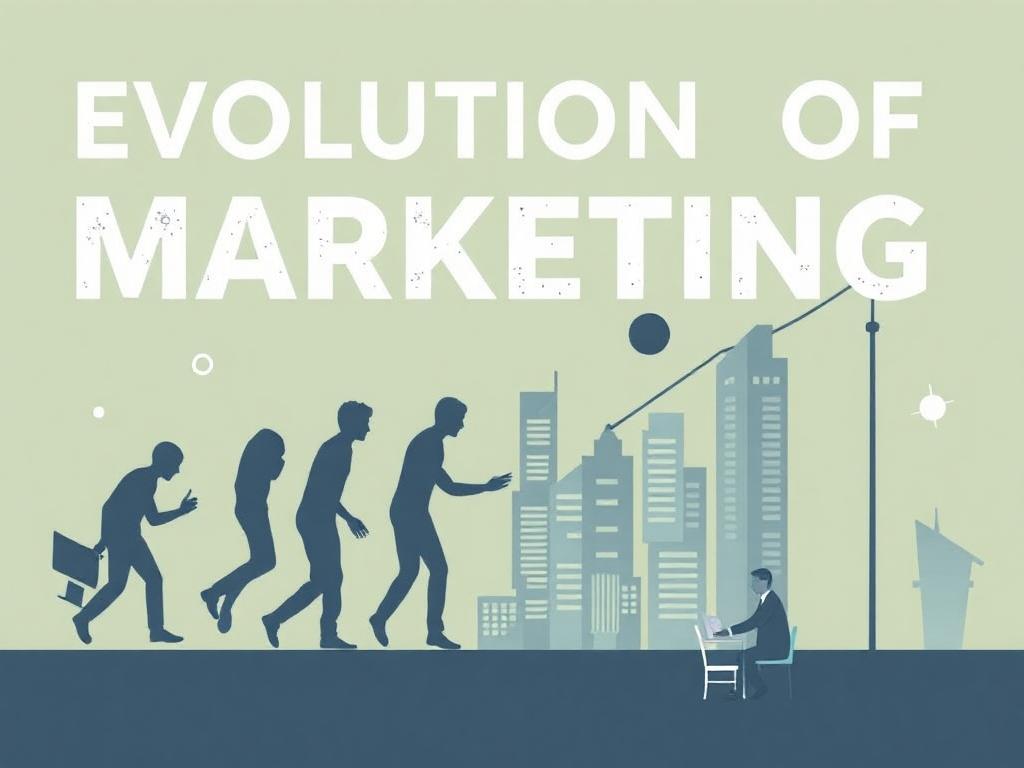The marketing landscape has transformed dramatically. In the past decade alone, digital media reshaped how brands reach consumers. As technology advances, marketing campaigns evolve to meet changing demands. This article explores iconic brands to uncover key lessons and actionable strategies for today’s marketers.
From Print to Digital: The Dawn of Modern Marketing
The Rise of Mass Media Marketing
In the mid-20th century, mass media became a powerful tool. Television and print advertising allowed brands to build awareness on a large scale. For instance, Coca-Cola’s early campaigns showcased how powerful advertising could create lasting brand recognition. Their iconic holiday ads shaped cultural moments and became part of festive traditions.
Early Brand Loyalty Programs and Their Effectiveness
The development of loyalty programs marked a turning point in marketing. Brands began rewarding customers for repeat purchases. Statistics show that loyalty programs can boost retention by 5% to 25%. For example, Starbucks’ rewards program has over 25 million members, driving significant sales. These programs became vital for fostering brand loyalty.
The Limitations of Traditional Marketing
Despite early successes, traditional marketing faced challenges. Reaching targeted audiences was often hit-or-miss, making ROI difficult to measure. Brands struggled to understand if their investment translated into customer engagement. This created a need for a more targeted approach.
Check Out: Evolution of Marketing
The Digital Revolution: Embracing the Internet and Social Media
The Emergence of Search Engine Optimization (SEO)
As the internet grew, SEO emerged as a crucial marketing strategy. Brands began optimizing their content to appear in search results. Companies like Moz and HubSpot leveraged SEO to drive traffic and build authority. Effective SEO can increase organic search traffic by up to 50%, demonstrating its impact.
The Rise of Social Media Marketing
Social media platforms forever changed marketing strategies. Brands recognized the potential of Facebook, Instagram, and Twitter to connect with consumers. Notable campaigns, like ALS Ice Bucket Challenge, engaged millions and raised significant funds, proving the power of social media. Current statistics show social media generates about 54% of online experiences, highlighting its importance.
The Power of Influencer Marketing
Influencer marketing gained traction as brands sought to reach niche audiences. Collaborating with social media influencers allows brands to tap into established trust. For instance, Glossier tailored marketing efforts around influencers, quickly building a loyal customer base. Studies reveal that 49% of consumers depend on influencer recommendations, underscoring their effectiveness.
Also Read: Scope of Social Media Marketing
Data-Driven Marketing and Personalization
The Importance of Data Analytics
Data analytics plays a crucial role in modern marketing. Brands can analyze consumer behavior and fine-tune campaigns. Companies using data-driven marketing see conversion rates increase by over 20%. This shift empowers marketers to make informed decisions based on real insights.
Personalized Marketing Strategies
Personalization has shifted from luxury to necessity. Tailoring marketing messages enhances the consumer experience. Brands like Amazon and Netflix excel in using data to create personalized suggestions. Personalization can boost engagement by up to 80%, making it vital for sustaining customer interest.
AI and Machine Learning in Marketing
Artificial intelligence and machine learning are transforming marketing dynamics. Automated tasks and predictive analysis help brands optimize performance. For example, chatbots enhance customer service, while algorithms analyze data for marketing adjustments. These technologies offer exciting possibilities for the future.
Experiential Marketing and Brand Storytelling
Creating Memorable Brand Experiences
Brands are now focusing on crafting memorable experiences. Experiential marketing engages customers in unique ways, fostering loyalty. For instance, Nike’s pop-up stores allow customers to interact with products hands-on, creating lasting impressions. Such initiatives encourage customers to share their experiences, extending brand reach.
The Power of Brand Storytelling
Storytelling builds emotional connections with consumers. It creates authenticity and resonates on a personal level. Take Dove’s “Real Beauty” campaign, which celebrated diversity and body positivity. Such campaigns connect deeply with audiences, enhancing brand loyalty.
Integrating Multiple Channels for a Holistic Approach
An integrated marketing strategy is crucial in today’s complex environment. Brands must connect various channels for a unified message. This approach ensures consistency and builds stronger brand recognition.
The Future of Marketing Campaigns: Emerging Trends
The Metaverse and Web3 Marketing
The metaverse offers innovative opportunities for brands. Virtual environments can host experiences that engage users in new ways. For instance, brands can create virtual stores or host events. Challenges include ensuring accessibility and navigating new technologies to create meaningful outreach.
Sustainability and Ethical Marketing
Sustainability is increasingly important to consumers. Brands that prioritize ethical marketing attract loyal customers. Companies like Patagonia showcase their commitment to environmental issues, boosting their reputation. Consumers are more likely to support brands aligned with their values.
The Ever-Changing Consumer
Marketers must remain adaptable to shifting consumer preferences. Regularly analyzing trends helps brands respond effectively. Understanding what drives consumer choices is essential for ongoing success.
The evolution of marketing campaigns offers valuable insights. Lessons from iconic brands illustrate the importance of adaptability and innovation. As the marketing landscape continues to change, marketers should embrace these strategies to stay ahead. Focus on personalization, storytelling, and data-driven decisions to create impactful campaigns. Stay curious, experiment, and learn from the past to shape the future.
Related
Importance of Marketing
Importance of Advertising in Business
7P’s of Service Marketing
